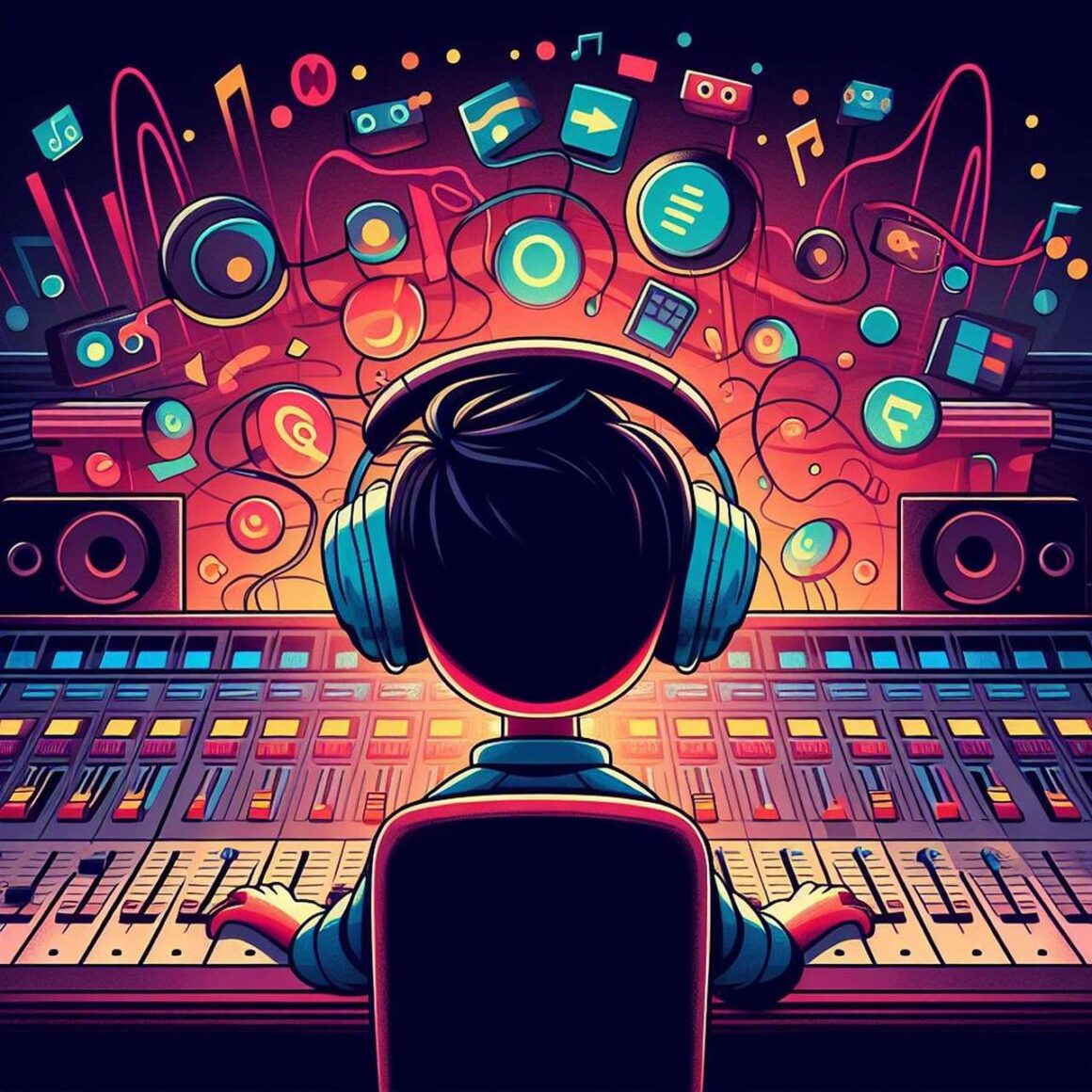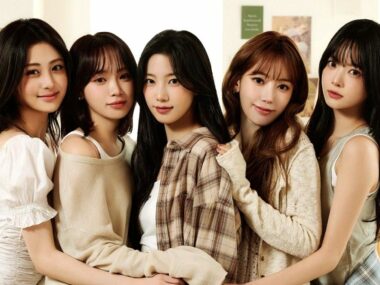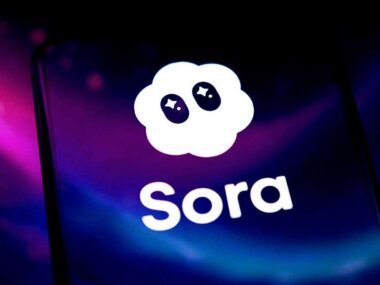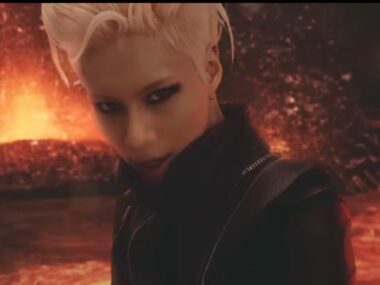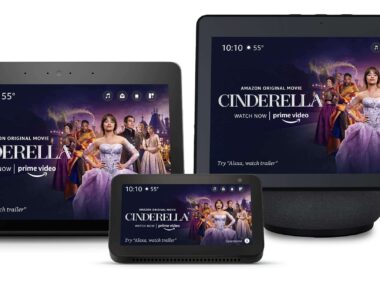According to Billboard, more songs credited to AI artists are ranking on their charts than ever before. In just the past few months, at least six AI or AI-assisted acts have debuted across multiple Billboard rankings.
That includes ChildPets Galore, whose single “The Only Thing I Can Take to Heaven” reached No. 14 on Christian Digital Song Sales.
Unbound Music, a project by songwriter Terrance LeDoux landed at No. 47 on the Emerging Artists chart.
Enlly Blue, created by songwriter Thong Viet, debuted at No. 44 on the Emerging Artists chart thanks to “Through My Soul”.
Breaking Rust, a country project by songwriter Aubierre Rivaldo Taylor that hit No. 9 on the Emerging Artists chart with “Livin’ On Borrowed Time” and “Walk My Walk”.
Juno Skye, a contemporary Christian act powered by Nguyen Duc Nam, who entered the Emerging Artists chart at No. 44. Then there’s Xania Monet, the AI-powered R&B and gospel artist created by Mississippi-based songwriter Telisha “Nikki” Jones. Monet charted on both Hot Gospel Songs and Hot R&B Songs.
Each project uses AI differently. Some use it to generate vocals, others to assist with production. Either way, artificial intelligence is reshaping what it means to be an “artist” in 2025.
From Resistance to Reluctant Acceptance
AI’s integration into the music industry has been met with criticism and pushback. Critics argue that AI artists lack authenticity and emotion. Many musicians fear being replaced by AI. Yet, the irony is that the music industry itself is starting to embrace AI’s creative potential.
Behind all of these AI projects listed are human songwriters. They’re writing the lyrics, composing melodies. Some are using AI tools like Suno to generate voices or help with production. These are not machines cranking out soulless hits. They’re a collaboration between human creativity and technology.
When Anyone Can Be an Artist
There are millions of people with ideas but not the skills or resources to produce songs. AI music tools open a door that’s never existed before. You don’t need a recording studio, a band, or even the ability to sing.
Just because a song is made and sung by humans doesn’t mean that it’s any good. The same goes for AI-assisted tracks. What matters is whether the final product connects with an audience.
Maybe that’s part of the appeal. With AI artists like Xania Monet, listeners can enjoy the music without the baggage of celebrity culture. No scandals, no parasocial relationships. You don’t have to worry about your favorite artist being exposed as a criminal or a creep. It feels oddly refreshing.
Technology Has Always Been Part of the Industry
If you think about it, this isn’t so different from autotune. Artists have been using technology to enhance or change the way their voice sounds for decades.
The goal is the same: to create something that resonates. Whether that comes from a human, or an AI is becoming less relevant.
The truth is that AI doesn’t erase human creativity. It enhances it. It takes existing talent and helps it reach its full potential. While there’s a lot of fear about the impact AI will have, there’s also acceptance that this is how the music industry is evolving.
AI artists aren’t a gimmick anymore. They’re charting, selling singles, and building audiences. Music is headed towards a future where emotion doesn’t need to come from the artist. It’s the art itself that’s resonating with listeners.
